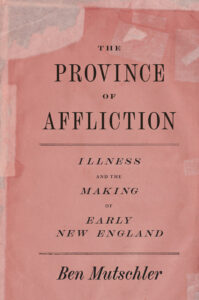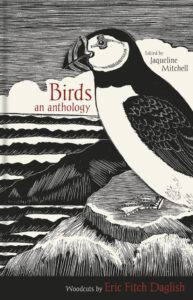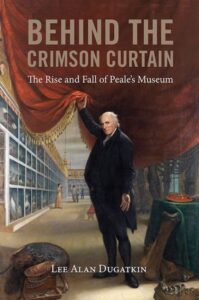“From these things therefore it is clear that the city-state is a natural growth, and that man is by nature an animal that lives in a polis, and a man that is by nature and not merely by fortune citiless is either low in the scale of humanity or above it […]” – Aristotle, “Politics” […]




